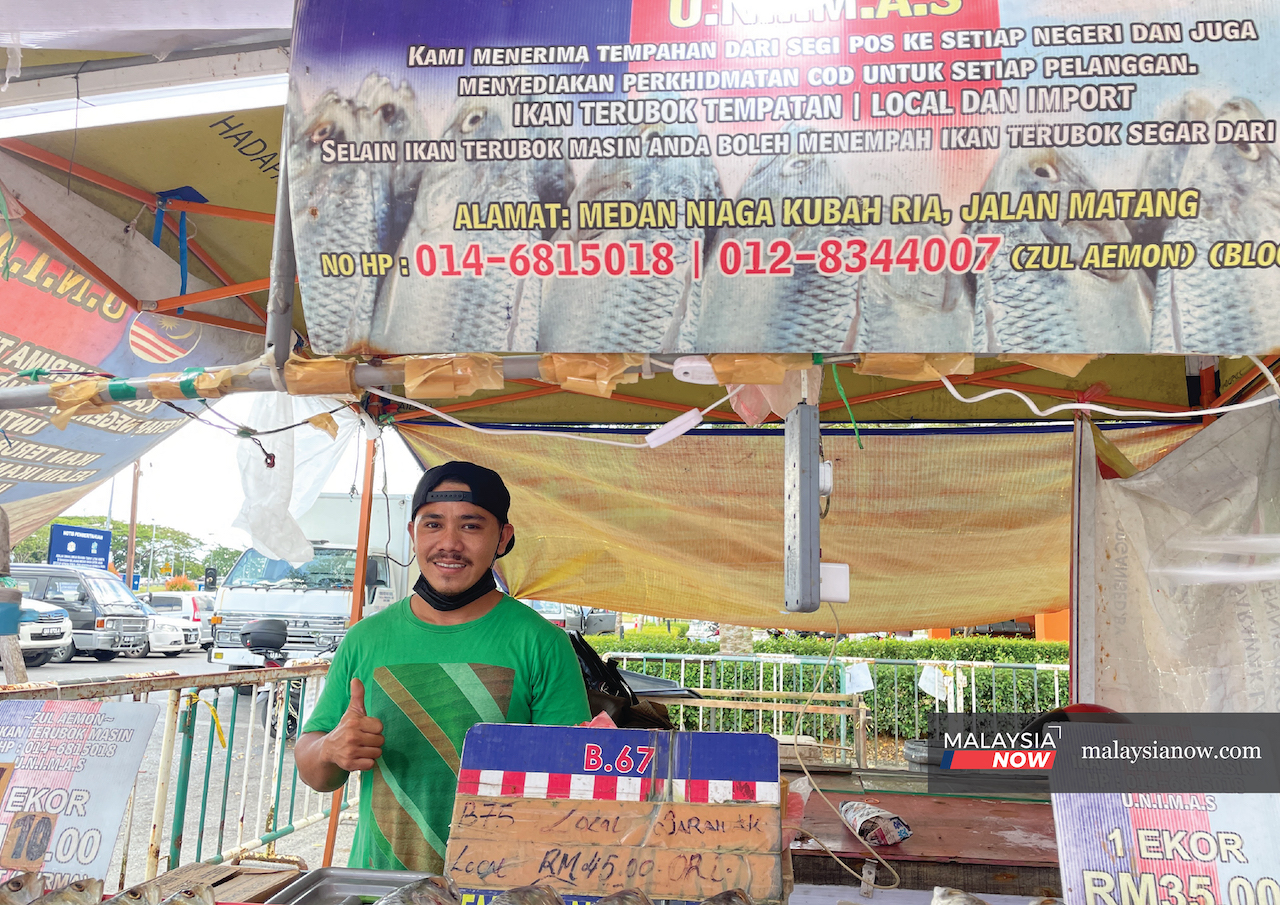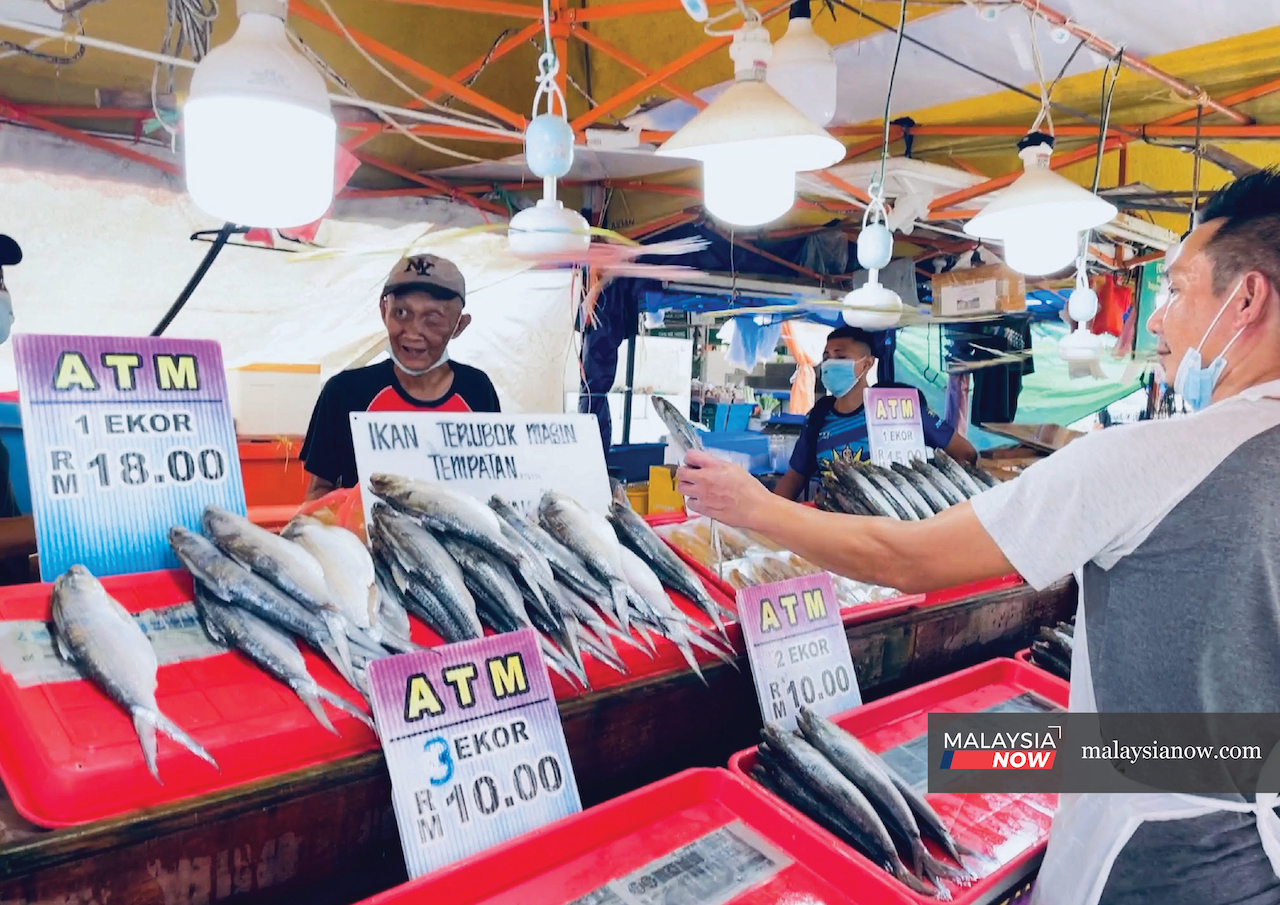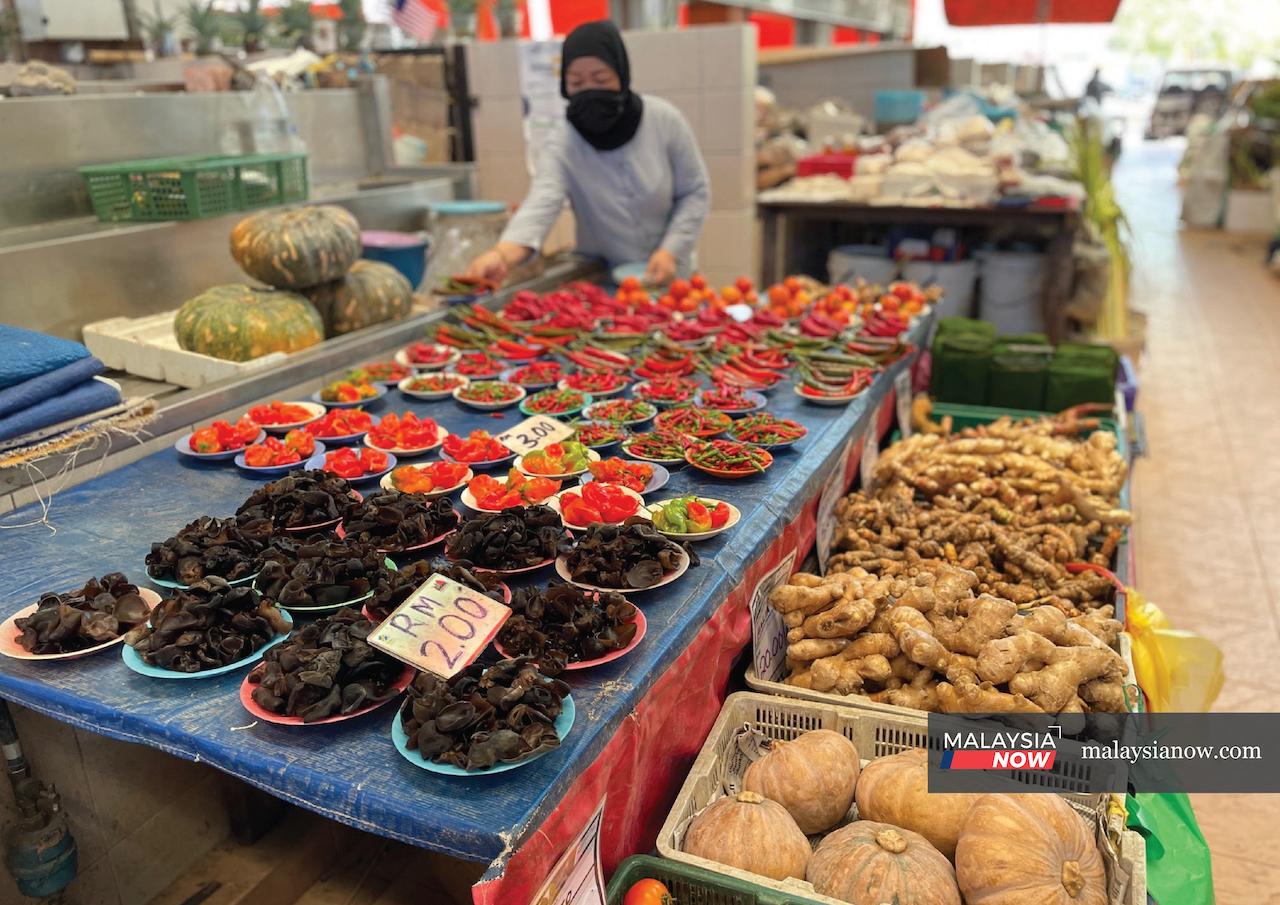No cash, no crops: Sarawak farmers struggle with lockdown woes
For many, the question has become whether to risk infection or die of starvation.
Just In
Small farmers in several areas under complete lockdown in the town of Siburan in Serian, Sarawak, are racking their brains over how to deal with a problem unique to those in their line of work.
The various stages of lockdown imposed since March last year to arrest the spikes in Covid-19 numbers saw many businesses shuttered across the country, not all of which were able to recover from the financial losses they sustained. Clients could not be served and goods remained in storage as would-be customers hunkered down to wait out wave after wave of infections.
For farmers, though, the goods are out in the fields, and if they cannot go out to harvest, there will be neither cash nor crops.
Limping Anak Engki, a padi farmer from Kampung Batu Gong, said the enhanced movement control order or EMCO imposed at his village on March 28 had greatly disrupted his daily work.
Normally, farmers rise early in the morning and work through the day but Limping has been unable to visit his fields since the lockdown was declared.
“I don’t have workers to help harvest the crops,” he told MalaysiaNow. “With the lockdown, we will not be able to sell the crops either because farmers are not allowed to go out to work.”
“Farmers like us can only earn enough to feed our families.”
Soon, he said, his padi plants will wither and die as he is unable to attend to them.
Limping, the village head, said many other farmers are also struggling to sell their harvest before they turn bad.
“The majority of families here in Siburan are small farmers,” he said. “Our livelihoods are not like those in the city. They are educated people who are able to earn thousands of ringgit every month.
“Farmers like us can only earn enough to feed our families. Even then, there are some villagers who have to fight to put food on their tables because they earn daily wages. They have to go out, looking for work as labourers.”
Ahmit, a vegetable farmer from Kampung Chupak which was placed under EMCO alongside Kampung Batu Gong, said the weather had added to their woes.
He said the double whammy of weather and pandemic had left many farmers believing that they must choose between the risk of getting sick or dying of starvation.
Elsewhere, fishmongers are grappling with similar problems as high case numbers keep restrictions firmly in place throughout the state.
Some have moved their business online and are beginning to reap the benefits of their move.

Dzulfitri Ismadi, from Kuching, ventured into the digital world as the successive lockdowns left him with no choice.
He had sold his fish at the popular Medan Niaga Satok wet market in Petra Jaya for five years before the pandemic hit.
“Everyone was restricted from going out, so customers had to rely on delivery services. That was the beginning, when I finally expanded my business online,” the 28-year-old told MalaysiaNow.
He said the lockdown forced him to adapt to online marketing strategies and to use platforms like Facebook, WhatsApp and even Shopee.
“I advertise my fish there and customers place their orders,” he said.
The money is nowhere near as good as it was before, but he is grateful that so far he has managed to survive.
He used to operate his stall from 7am to 4pm, seven days a week. Now, though, he must adapt to the challenges of running his business online.
“I never did an online business before, so when I first started it was quite challenging because I had to learn everything from scratch.”
While he is staying afloat in his digital boat, others have not been as fortunate.

Erwan Seron lost 75% of his business after the pandemic hit.
“Before, I could easily earn RM200 a day, especially during school holidays.”
Since the ban on interstate travel, though, there has been a drop in number of visitors from the peninsula.
Erwan is also trying to contend with supermarkets and hypermarkets which have far more resources at hand than he does.
“Now, it is even more difficult for me to generate an income,” the 47-year-old cancer survivor told MalaysiaNow.
Bobby Kimilang, a vegetable seller, has been trying to deal with a surplus in produce as the lockdowns disrupt his sales.
When the MCO was in place, he said, he had thrown away tonnes of fresh vegetables.
But the pandemic is set to stick around for a while more, and with it, their troubles.
“We have been facing this problem since the pandemic began,” Bobby said.
Subscribe to our newsletter
To be updated with all the latest news and analyses daily.
